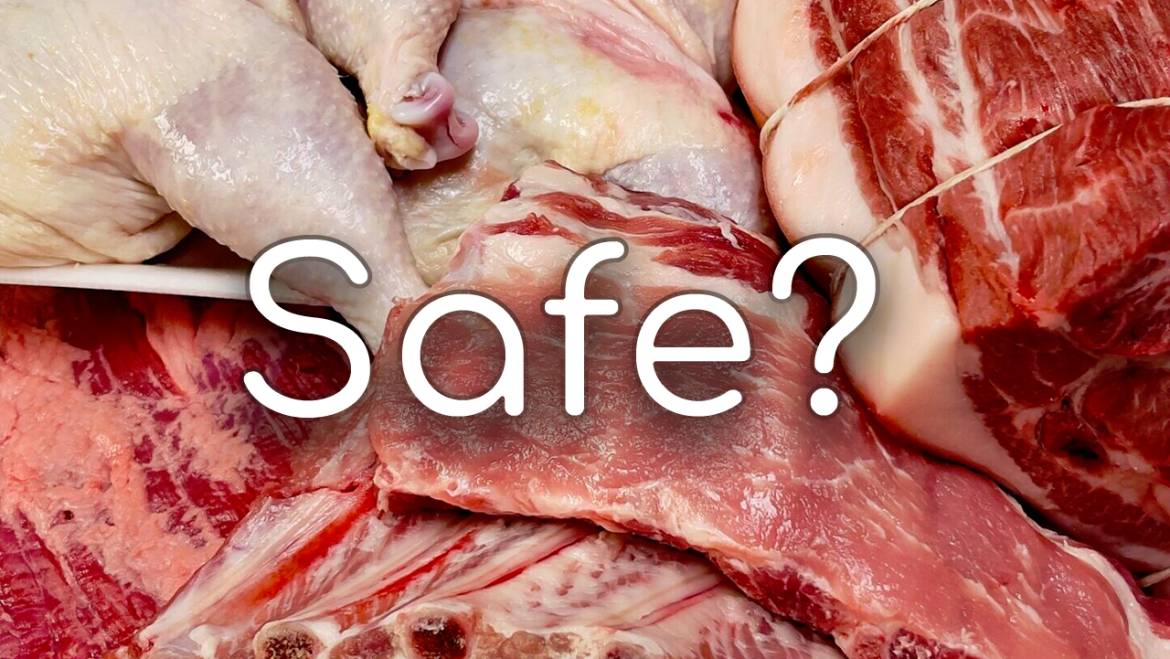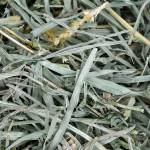As a responsible chinchilla owner, you want to make sure that you’re providing your pet with a balanced and healthy diet. While chinchillas are herbivores and primarily eat hay, pellets, and fresh vegetables, you may be wondering, “Can chinchillas eat meat?” or similar. In this article, we’ll explore the question of whether or not chinchillas can eat meat, and provide guidance on safe and healthy treats for your furry friend.
Chinchillas Are Herbivores
First and foremost, it’s important to understand that chinchillas are herbivores, which means that they primarily eat plant material. In the wild, chinchillas eat grasses, leaves, and bark. As pets, they’re typically fed a diet of hay, pellets, and fresh vegetables.
Why Chinchillas Shouldn’t Eat Meat
There are several reasons why it’s not recommended to feed your chinchilla meat. Firstly, chinchillas are not equipped to digest meat properly. Their digestive system is designed to break down plant material, not animal protein. Feeding your chinchilla meat can cause digestive upset, which can lead to health problems.
In addition to the digestive issues that meat can cause, it’s also important to consider the nutritional needs of your chinchilla. Chinchillas require a diet that is low in fat and high in fiber. Meat is typically high in fat and low in fiber, which means that it can disrupt the balance of nutrients in your pet’s diet.
Safe Treats for Chinchillas
While meat is not a safe or appropriate treat for chinchillas, there are plenty of other treats that you can offer your pet. Fresh vegetables like carrots, bell peppers, and kale are all great options. You can also offer your chinchilla small amounts of fruit, such as apples or strawberries, as a special treat.
It’s important to keep in mind that treats should not make up more than 10% of your chinchilla’s diet. Overfeeding your pet treats can lead to obesity and other health problems. Additionally, you should always introduce new foods slowly and monitor your chinchilla for signs of digestive upset.
Signs of Digestive Upset in Chinchillas
If you do decide to offer your chinchilla a new food or treat, it’s important to monitor them for signs of digestive upset. Some signs of digestive upset in chinchillas include diarrhea, decreased appetite, lethargy, and bloating. If you notice any of these symptoms, remove the new food from your pet’s diet and consult with a veterinarian if necessary.
In conclusion, chinchillas should not eat meat as it can cause digestive upset and disrupt the balance of nutrients in their diet. As herbivores, chinchillas require a diet that is low in fat and high in fiber. Offering your pet a variety of fresh vegetables and small amounts of fruit can provide them with a healthy and balanced diet. Always introduce new foods slowly and monitor your chinchilla for signs of digestive upset. With proper care and attention, you can help ensure that your chinchilla lives a long and healthy life.







